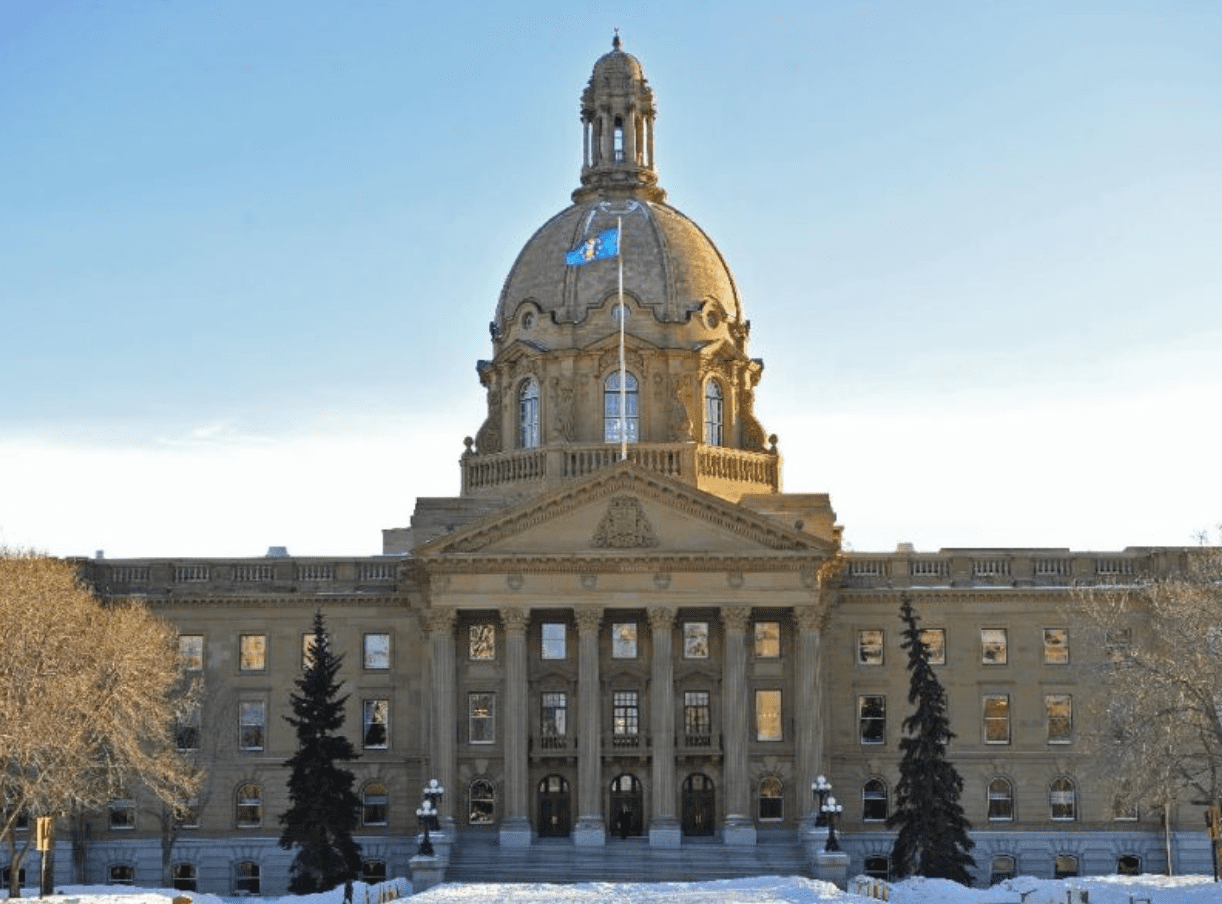This content is restricted to subscribers

The views, opinions and positions expressed by columnists and contributors are the author’s alone. They do not inherently or expressly reflect the views, opinions and/or positions of our publication.

This content is restricted to subscribers
The views, opinions and positions expressed by columnists and contributors are the author’s alone. They do not inherently or expressly reflect the views, opinions and/or positions of our publication.

There's little doubt the Alberta government and its public sector workers are embarking on a titanic struggle over wages, job security and working conditions.
An arbitrator has just handed the two combatants a draw in the first skirmish of the battle.
Nurses and teachers had agreed during the balmy NDP years to a wage freeze on their three year contract on the condition the wage portion of the agreement would be reopened in the third year. If the economy was better, in theory the unions could make a case for a raise.
But the contract became a hand grenade when the NDP lost the spring election. With a UCP government in place, the situation substantially changed. The UCP was stuck dealing with the reopened third year and the union discovered the virtue of the old saw: "be careful what you wish for."
The UCP, after legislating a negotiation delay, dropped a demand for a three to five per cent wage rollback on the table, citing a sluggish economy and a need to wrestle the deficit.
The nurses wanted a three per cent raise and the teachers asked for a two percent increase.
The arbitrator came back with zero for both groups, basically rejected several key positions from the government and the unions.
The Alberta Teachers Association reacted with the most ire.
Teachers have taken wage freezes for seven of the last eight years, protested ATA President Jason Schilling.
"Frankly, Alberta teachers are tired of having to pay for the continuing failure of successive governments to adequately fund public education."
Heading into the next round of negotiations, which starts for the teachers in the spring, Schilling predicts the stakes will be higher than ever.
Finance Minister Travis Toews, who was clearly not expecting to get a rollback, was guarded in his reaction.
"These independent public sector wage arbitration outcomes reflect the current economic realities in the province," he said in a release.
But then he signalled the fight to come: "Correcting wages over time is a critical part of our government's commitment to get our fiscal house in order. Even with these decisions, fiscal restraint and discipline must continue as we enter into new collective bargaining negotiations in 2020. As we said at Budget 2019, there is no new money for public sector raises in the fiscal plan."
The United Nurses Association, which will be without a contract as of March 31, sifted out the good news from Toews response.
"If the Minister of Finance is stating today that zero is appropriate and meets the economic reality, then obviously we're not expecting him to be proposing rollbacks," said David Harrigan, director of labour relations for the United Nurses of Alberta.
But no doubt Toews will propose just that. The UCP is determined to reduce the overall cost of the public service and has already signalled it will get that reduction at the bargaining table or through nurse and teacher layoffs.
The UCP and unions are heading down a path which leads to contract arbitration since the labour environment grows tenser with every UCP cutback and threat of cutback.
The arbitrator who crafted the most recent decisions may have signalled that the government could have some major difficulty trying to rollback wages.
Panel chair David Jones wrote in the United Nurses decision: "The evidence indicates that there have been very few layoffs of nurses, and very little turnover in their employment. On the one hand, this leads to the conclusion that no premium is required during this collective agreement in order to compensate nurses for the possibility that their employment might be precarious."
If the province continues to threaten layoffs, might a future arbitrator have to consider whether that merits some of that premium in wages in the upcoming contract?
This first volley has been strictly over wages, but there are far more factors coming in the upcoming contract negotiations.
The teachers particularly are spoiling for a fight over class sizes and help for high needs students. Schilling warns his members are becoming angry and frustrated.
"They are being asked to do more and more within their classrooms with less, and then to turn around and see that their salaries are frozen yet again is extremely disappointing."
That frustration could well lead to a year of acrimony, including some public sector job action.
And the government looks ready to join the fight.
Albertans can expect a year of fallout from the coming labour battles.
Photo Credit: Calgary Herald
The views, opinions and positions expressed by columnists and contributors are the author’s alone. They do not inherently or expressly reflect the views, opinions and/or positions of our publication.